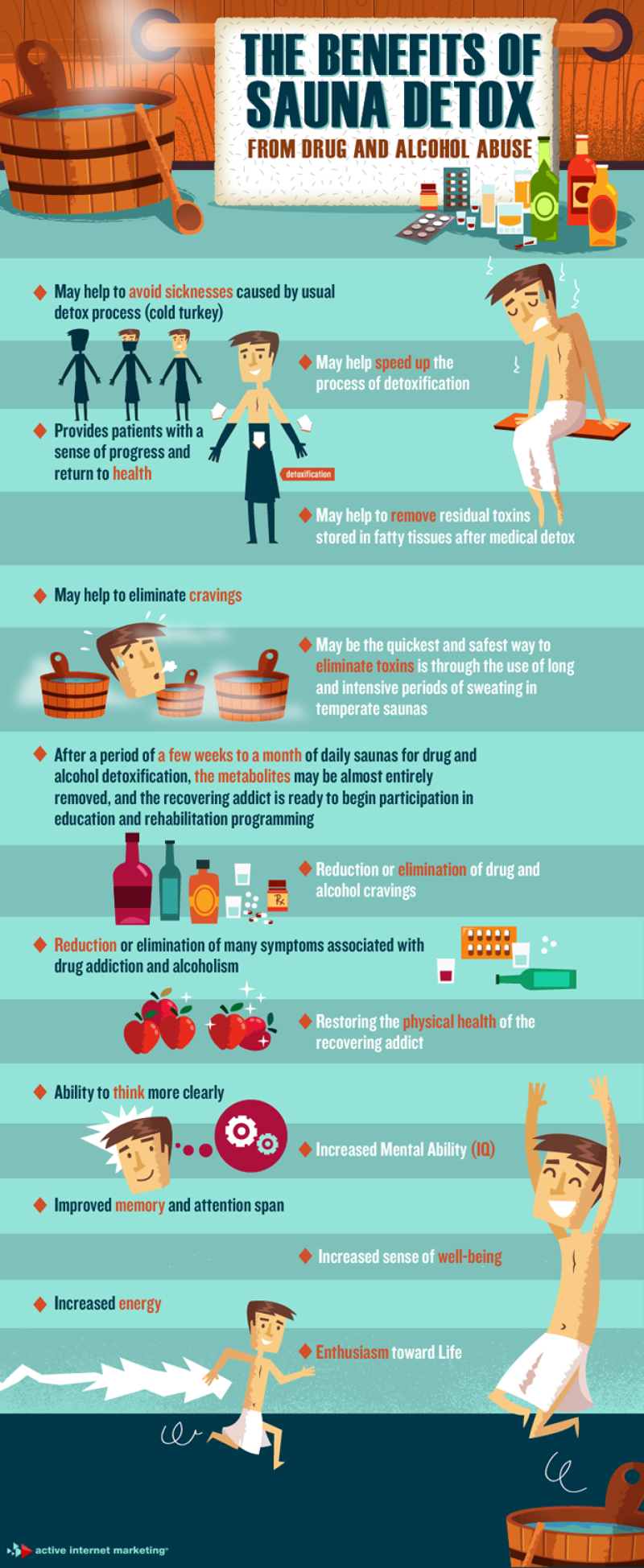Why Aftercare In Drug Rehab Is Important For Long-Term Healing. Find Out How Support Group Can Assist You Remain Sober And Construct A Satisfying Life
Why Aftercare In Drug Rehab Is Important For Long-Term Healing. Find Out How Support Group Can Assist You Remain Sober And Construct A Satisfying Life
Blog Article
Author-Thrane Eriksen
You can not do it alone. Recuperation from drug addiction requires a solid support system.
The value of aftercare in drug rehab can not be overstated. In this post, we will discover the duty of counseling, the benefits of therapy, and the structure offered by peer support groups in keeping sobriety.
So, order a mug of coffee, sit back, and let us direct you via the critical steps of post-rehabilitation support.
The Duty of Therapy in Aftercare
If you want to maintain your soberness after leaving rehab, it's vital that you continue participating in therapy sessions as part of your aftercare plan.
Counseling plays a vital role in your recovery journey by offering recurring assistance, support, and a risk-free space to reveal your feelings and concerns.
With https://jada.technetbloggers.de/learn-more-concerning-the-critical-element-for-effective-treatment-of-drug-addiction-which-is-having-a-durable-assistance-network-discover-exactly-how-to-develop-one-today , you can address any kind of underlying problems that may have contributed to your dependency, create coping techniques, and find out healthier means to manage stress and desires.
It permits you to work through any kind of unresolved emotions and create a better understanding of on your own and your triggers.
The Advantages of Treatment in Keeping Sobriety
To keep your sobriety, treatment can offer numerous advantages.
- Therapy supplies a safe area for you to explore and resolve the underlying issues that might have added to your dependency.
- It permits you to resolve your emotions and develop healthier ways of managing stress and anxiety and triggers.
- With therapy, you can obtain a better understanding of yourself and your patterns of behavior, which can assist you make favorable adjustments in your life.
- In addition, therapy provides you with a support group of specialists who are educated to assist and aid you on your trip to healing.
- They can supply beneficial understandings, devices, and strategies to help you browse the difficulties that may develop.
- In treatment, you can discover to create healthy and balanced coping abilities, build strength, and boost your total well-being.
Peer Support System: A Foundation for Lasting Healing
You can locate long-term healing by proactively taking part in peer support groups and connecting with others that share comparable experiences and objectives.
Peer support system offer a secure and non-judgmental room where people in healing can come together to share their struggles, successes, and insights. By proactively participating in these groups, you can obtain the support and inspiration you need to remain on the path of recuperation.
Getting in touch with others that have actually experienced comparable experiences can be unbelievably encouraging, as it assists you realize that you aren't alone in your trip. It additionally enables you to pick up from others who have actually effectively gotten rid of comparable challenges. Together, read the full info here can celebrate turning points, hold each other answerable, and offer advice and guidance.
With these links, you can construct a strong support group that will certainly assist you browse the ups and downs of recuperation and eventually locate lasting healing and makeover.
Conclusion
You have actually learnt more about the vital role of aftercare in drug rehabilitation. Therapy, therapy, and peer support groups contribute to lasting healing. Right here's an incredible statistic to understand the size of the problem: studies show that people who get aftercare therapy are 50% most likely to maintain sobriety compared to those who do not.
So, picture the transformative power of these support systems in assisting people recover their lives and build a brighter, drug-free future.
